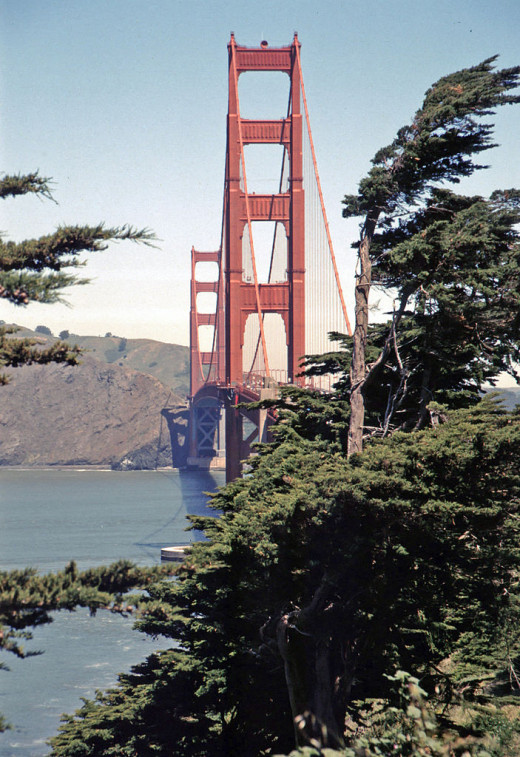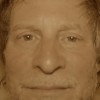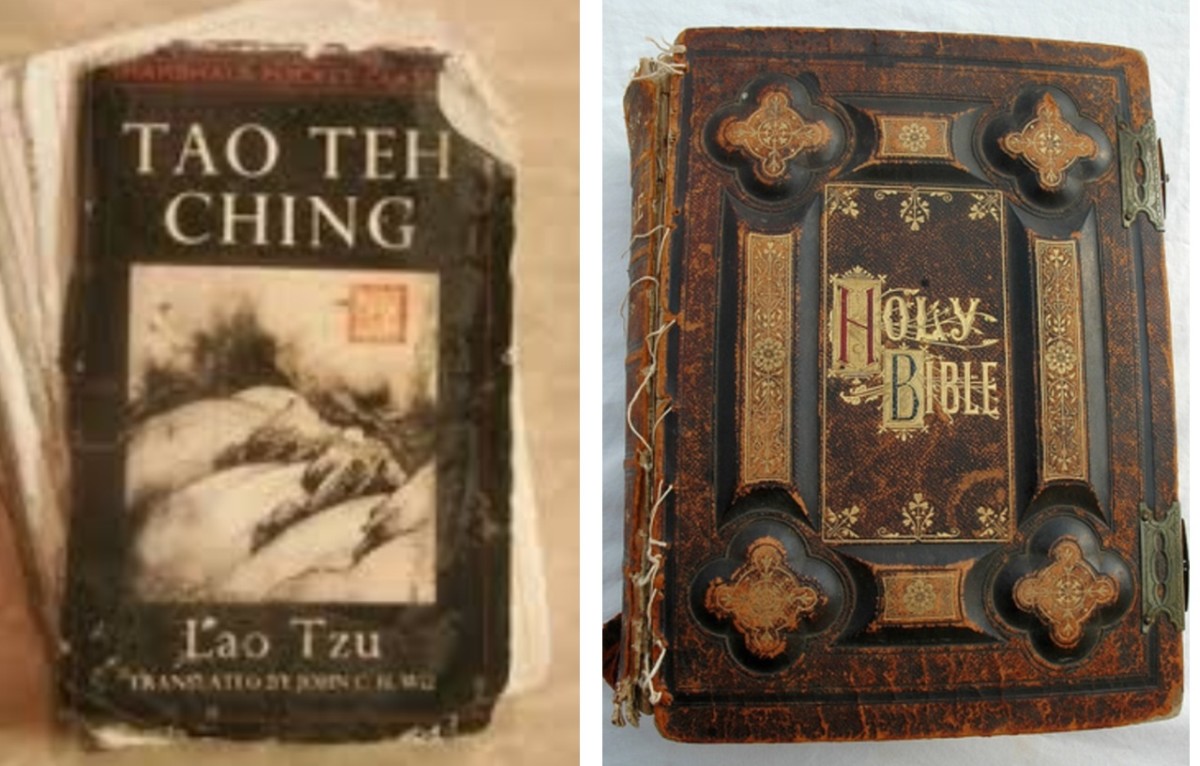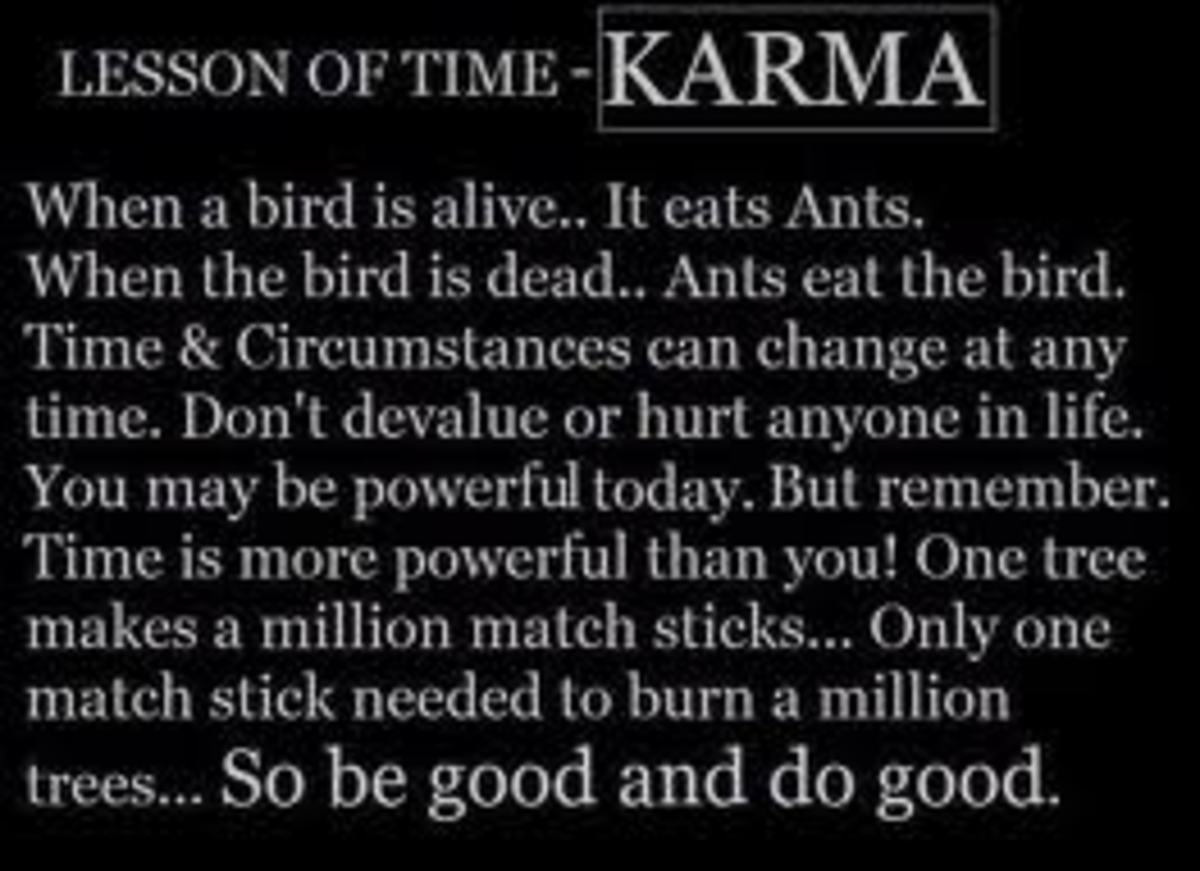Who Were You? When You Wanted to Know? Who Are You Now? When You Don't?
The 2S Deferment and Universities
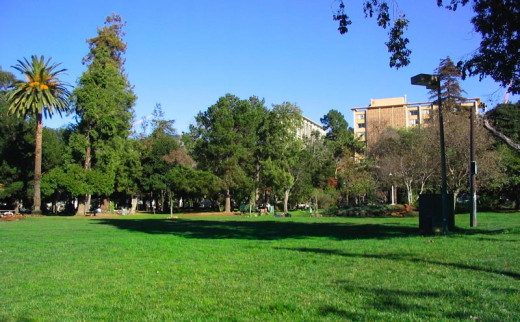
Concerning this "taboo".
A taboo, as far as I understand it, is instinctual. It is a deep psychological resolve. It is not mind over matter in the traditional sense, but functions as such to deny actions that might otherwise take place. In this case, the word is used to label a cultural pressure that discourages us from wanting to learn about ourselves. The subject is somewhat time-bound, grittier back in the day. It was also a topic more delicate than today's more impatient society can abide. Personally, I live in a somewhat monastic fashion. I dwell within a single family residence without the family and find, for the most part, that I am a human commodity. I am routinely exploited from any number of angles. Someone might call and rally me to buy stocks at low commissions. My ground phone often costs money simply to pick up with urgent solicitations that wind up with me reading a credit card number out loud over a line recorded for quality control. Someone else might try to persuade me to forfeit all interest in the stock market and move into another, competitive category of buy and sell -- mostly buy, to be honest. I'm a senior citizen. It goes with the territory. Or, the phone is used to pitch a new service or television channel, available on cable at an introductory rate. When I was younger, I would have slammed the receiver down. No, I am not not silver and gold, still flesh and blood, not made of precious metal, just older and tired of it all. But this is the way it is for someone who stays home during the day.
Well, this is not exactly what The Book, by Alan Watts, was about, though it stimulated me to reflect along certain lines. I do not have the long reach of the author, who transitions with relative ease from Eastern Philosophy and Comparative Religion to biological observations to remarks upon human behavior all for the sake, I gather, to get the reader to also think deep, independent of sources or stimuli. If I were to turn off all the circuits, make myself numb, I could probably go on living consonant with a non-feeling society for years. In other words, forget the taboo. What it comes down to now is not a matter of how to be oneself but rather survive an American dream from which the last drop of blood has long since been drawn. Do I want to live in 2015's high tech universe? Hell no. But looking back, let's say, who was this person who called himself himself even if he was not himself, not all of the time? Of course, it has to be important to me. Otherwise, the question simply drifts away and vanishes into the cyber-haze.
In fact, high tech has all but closed the door on productive self-analysis -- outside the professional office. Watts does not talk about man and his monitor, the latest scourge, not in the mid-sixties. Many websites eventually lead to a credit card transaction the same as the telephone. Not only has the human being become an economic commodity, but he or she can also be reduced to a series of records and documents. Dehumanization is rampant. I deliberately wanted to read something from this era and doing so did in fact restore to mind something I had forgotten for a long time. Lifestyles were freer. Weird and outrageous ideas were commonplace. There was a constant element of seeking without limits that led to some of the hardest conversations I can remember. Verbally, people spoke much differently, on or off drugs, which were nothing like today. The Left had the heavier burden. It was much easier to "cling" as Watts points out, in some cases, to the Bible, which, without an awareness of selfhood, is, I agree, a form of "eating paper currency."
The Right, as I recall, decades ago, had momentarily lost its halo. Ultimately, it was destined to not just overtake the Left but pretty much obliterate it. Then the pendulum swung again. One cannot tell in 1966 that only a few shots fired would end it and re-create yet another age or stage of conformity not really so unlike the first post-war version. But aside from politics, there are some interesting comments made in The Book in a random fashion that bear greater scrutiny. For me, the idea of having to form a grid with coordinates, availing ourselves of graphing techniques, in order to grasp new data or information, testifies to the weakness of the undeveloped mind.
The taboo against knowing who one is is not to my mind a taboo so much as an injunction that underscores a culture that is more brittle than supple. This is a hard book, by the way, with a wide array of subjects that the reader may or may not want to explore. It is a smart book, too, and in some small way glorifies humankind, which can surmount obstacles merely by making itself more intelligent. It also serves as a reminder of a time when Martin Buber's "I & Thou" was looked upon as an essential concept. Stuff that stumped us got into the wind and left us wondering. It was part of the way life was led prior to the answer-mongering, binary system, that is more the champion and mainstay of the modern mindset.
The Other Side of the World
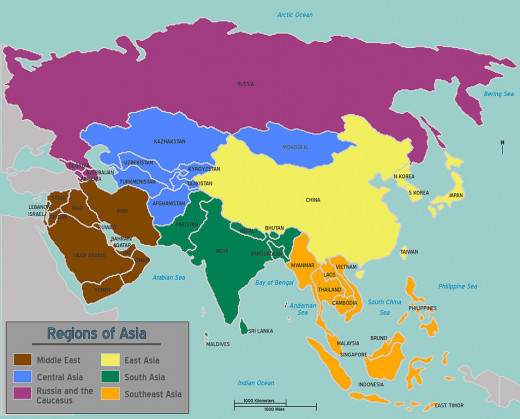
Mining the East
Watts's best examples mostly come from the Upanishads or other reservoirs of Eastern wisdom. Early Christianity gets a nod of approval in the guise of Tertullian. But he is more impressed not only by how Easterners think but act as well. They do not greet one another with handshakes, for instance, but have an alternate form in which each party can recognize the godhead in the other. So the idea of coming to know oneself has a religious component after all. Personally, I accept the challenge to know who I am, but I can only promise a rather feeble effort. Back then, the thing Watts does not mention is the Vietnam War, the background against which so much intellectuality flourished. It is also, further, no accident that he leans heavier on Eastern than Christian doctrine. It is a kind of statement. The Vietnam War turned out to be one of the craziest wars in history, though a fantastic effort to rectify the image of American forces on foreign soil was accomplished first on the silver screen, then in reality. I bring this "dark matter" up only to emphasize not just my own inability to consume all books written on higher planes, but that a great many of us from this era could only define ourselves with respect to a war that was going on, seemingly forever, at the time we graduated high school, began to work, or went on to college.
The decorated ceiling of a Buddhist village temple on Sri Lanka.

Angelus Silesius
To be honest, I could not quite get into The Book without at various points being somehow tossed out on my ear. Then, as luck would have it, I met a bookseller in Phoenix who showed me another book about a 17th century Zen poet. He was not to the manor born, so to speak, as the translator explains. In fact, he came from Europe. So much the better, since his motive in writing a collection of poems, some of which, to my mind, are only paragraphs, was to break down the barrier between the Western religious mind and that of the East. All I can say is that it helps. It stands on its own, of course, but serves to illuminate notions that Watts either assumes are understood by the reader or can be readily grasped.
One chapter is devoted to "The One and the Many." Since I am no overnight expert, all I can do is share a few poems that stood out in my mind. "It is not that things are illusory, but their separateness in the fabric of Reality is illusory." I'll admit, when I think of all as one, or Oneness, I picture an enormous, multi-vehicle highway crash. But I am applying rather fundamental thought to something that is more complex and abstract. In the next chapter, "The Ego and the Makings of Destiny," there is a somewhat lengthier poem which, paraphrased, goes something like the following. A professor visited a Master of Zen wanting to be enlightened. The Zen Master poured him a cup of tea, which he proceeded to pour even as it overflowed. "It is running over," the Professor said. "Indeed, said the Master, like yourself!" His point is that the Professor is so brimming over with ideas and theories that there is no conceivable way to lead him to Zen. Why Zen? This is just me asking. I have no idea. Another stanza seems to show Zen as separate from Christianity, unless the notion is a violation against the aforementioned Oneness. Christians are berated for seeking redemption "while with your bodies and your souls [you] remain attached to worldly goals!" Fair enough. But statements such as, "God is sheer Nothingness," probably require a specialized form of training.
Acculturation
This is what did and did not happen. West and East, East and West, never quite blended, though the popularity of Yoga testifies the opposite. For a while after WWII, and possibly before, there was a corny idea that the USA would triumph all over if only because it had the latest brand of new toothpastes, deodorants, and soaps, etc. But this kind of quasi-superior thinking disregarded the longstanding cultures into which other peoples were steeped that did not give such items as much value as supposed. I confess I felt a sense of cultural superiority in Spain, some time ago, since so many of their juices were laced with sugar. "Not right," I thought. But scholars like Watts and Silesius cut more to the chase. I know very well what most people think of higher education after a certain level. To an extent, they are right. Too much thinking can easily turn toward the ludicrous. But to apply an effort into how one thinks of oneself, maybe a little bit more than a collection of cliches such as Just Do It or Just Be Yourself or Just say No is not Over the Top, to employ yet another cliché, and not without merit.
Eyes Left
